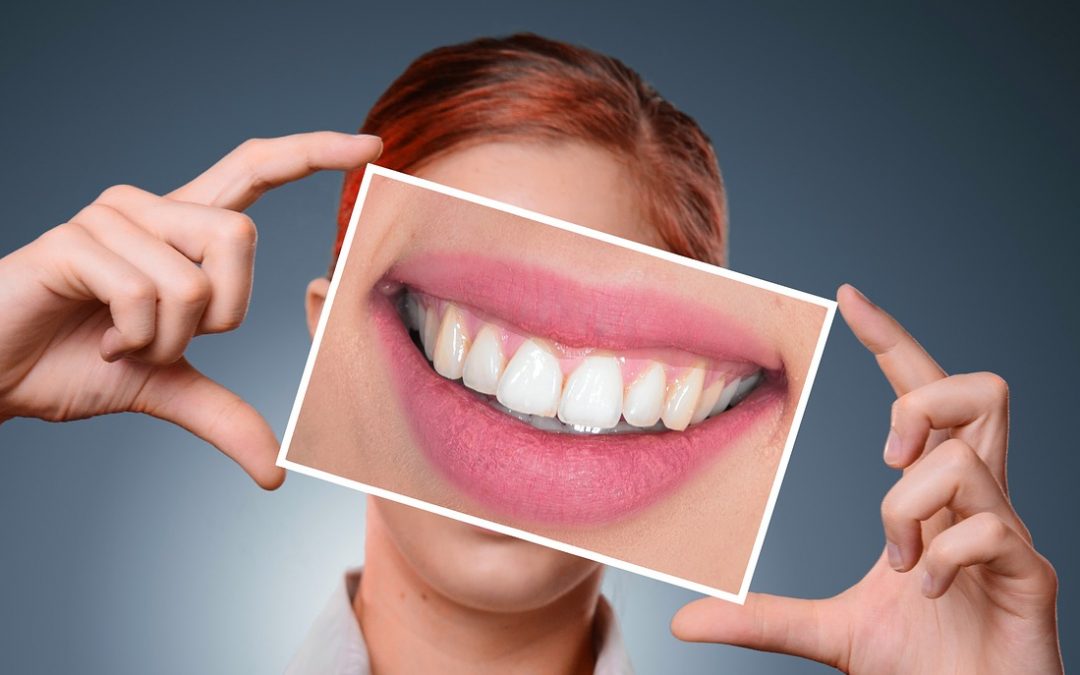
Whitening for under 18s: Yay or nay?
Tooth whitening represents a safe and effective treatment option for many dental practices as patient demand is growing year on year. However, dentists often face a dilemma when asked to perform tooth whitening for patients under 18 years old. Discoloured teeth can have a serious and detrimental impact on young patients’ self-esteem and daily life. Yet a dentist’s ethical and legal duty of care towards their paediatric patients must be weighed against legal restrictions on this kind of treatment.
Legally, tooth-whitening products that contain or release more than 0.1% hydrogen peroxide should not be used on patients under 18. However, guidance from the General Dental Council (GDC) suggests that tooth-whitening treatment for under 18s may be acceptable under certain circumstances.
This leaves many dentists questioning how to interpret the rules and stay within the law while meeting their young patients’ needs.
What is the legal and regulatory position on tooth whitening?
The GDC tooth-whitening position statement makes it clear that, in line with the EU Cosmetics Regulation (Cosmetic Products Enforcement Regulations 2013), tooth whitening products with effective concentrations between 0.1% and 6% hydrogen peroxide must not be made available to consumers except by regulated dentists and their teams (dental hygienists, dental therapists or clinical dental technicians on the prescription of a dentist). These products can only be used following an appropriate clinical examination.
Furthermore, products producing concentrations exceeding 6% hydrogen peroxide are prohibited; those releasing less than 0.1% hydrogen peroxide are considered safe and are freely available.
For patients under 18 years of age, the EU Cosmetics Regulation states that products containing or releasing between 0.1% and 6% hydrogen peroxide are not to be used. However, GDC advises that is the case “except where such use is intended wholly for the purpose of treating or preventing disease”.
Breach of the regulations is a criminal offence and GDC may prosecute anyone carrying out tooth whitening illegally.
Interpretation of the GDC position
When it comes to treating patients under 18 years old, dentists may wonder how to interpret the somewhat contradictory rules.
The GDC position is that it would not raise concerns about fitness to practice where the tooth whitening performed by a dentist was “wholly for the purpose of treating or preventing disease”, but it provides no details on the exact clinical indications that might be covered. In response, Greenwall-Cohen et al (Br Dent J 2018:225:19–26) provided an evidence-based discussion of the safety, efficacy, indications and techniques for tooth whitening in under 18s.
The article proposed a list of indications for bleaching in under-18-year-old patients, including severe/moderate discolouration, enamel conditions, white markings, staining, coronal defects, molar incisor hypomineralisation, hereditary factors, trauma, and dental effects of systemic diseases.
The authors argue that, when used appropriately, tooth bleaching can achieve good results in adolescent patients with minimal side effects, and help to alleviate the psychological and psychosocial impacts of tooth discolouration.
Legal and ethical dilemmas
However, regardless of the GDC position, supplying a tooth-whitening product to a patient under 18 years old would constitute a criminal act based on the strict EU Cosmetics Regulation.
So even if tooth whitening treatment is performed in the best interests of the child for indications that can be argued to be wholly for treatment or prevention of disease, a dentist could still be subject to criminal action brought by Trading Standards or others.
This presents a frustrating ethical dilemma for dentists in situations where illegal tooth whitening for a paediatric patient might be in their best interests, for example to avoid the need for a more invasive procedure. Although the treatment may be justifiable in terms of ethical responsibility and clinical need, this may not provide a legal defence. Supplying the treatment could be breaking the law.
DDS members are advised to consult us if you find yourself in this difficult situation, before providing any treatment to under 18-year-olds.
If you need more information about the legal aspects of tooth whitening, please contact Dental Defence Society. We are ready to support members who need advice about this topic, including questions relating to the treatment of patients under 18 years of age.

Recent Comments